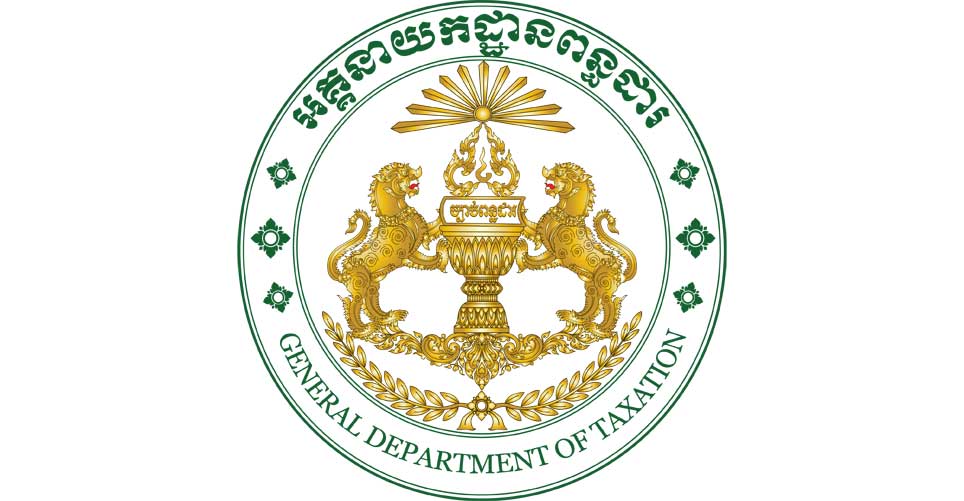Issue Description
In 2019’s White Book, EuroCham encouraged the Royal Government of Cambodia (RGC) to adopt four important new commercial laws: the Law on Competition, the Law on E-Commerce, the Law on Commercial Contracts, and the Law on Consumer Protection.
We are grateful to the RGC for its strenuous efforts in helping pass this legislation. A new Law on Competition was promulgated in the country in October 2021. It regulates any activities that distort, restrict or prevent fair competition. It established and determined the authority of the Cambodia Competition Commission. It restricts agreements which restrain, restrict or distort competition, such as horizontal (price fixing, restricting sales of goods, allocating geographical areas between competitors, allocating customers between competitors, favouring bidders in bids for contracts in public procurement) or vertical agreements. It also prevents activities which entail the abuse of a dominant market position, such as refusing to supply goods or services to a competitor.
The new Law on Electronic Commerce was enacted in November 2019. It regulates domestic and cross-border e-commerce activities in Cambodia, establishes legal certainty for electronic transactions, and enacts a number of important protections for consumers.
Also promulgated in November 2019, the Law on Consumer Protection establishes rules to guarantee the rights of consumers and to ensure that businesses conduct commercial competition in Cambodia fairly. It establishes the National Committee on Consumer Protection as the country’s competent authority for consumer protection and empowers consumers in each industry to form an association to protect their interests.
Despite the progress seen on the adoption of these three laws, which are clear laudable steps in the direction of a more favourable commercial and business environment, unfortunately, we haven’t seen similar results concerning the adoption of a Law on Commercial Contracts.
Impact on business
Without the aforementioned laws in place, consumers, businesses and investors are suscep¬tible to opportunistic and unethical practices and the overall business environment can be perceived as unpredictable. Furthermore, if Cambodia continues to delay the adoption of laws that are required as part of its ASEAN and WTO commitments, its reputation and standing within the region and wider international community could diminish. This would likely significantly impact the attraction of the Kingdom as a potential investment destina¬tion and the Royal Government of Cambodia’s (RGC) efforts to achieve greater economic diversity.
An example comes from the real estate sector. Businesses that lease commercial property in Cambodia regularly encounter problems in securing reliable long-term leases. There are high levels of speculation in the Cambodian commercial property market, and commercial tenants are often faced with landlords that are only willing to commit to short term leases and seek to considerably increase rental fees upon each renewal negotiation. In many other countries, commercial lease agreements can be secured through specialised contracts that offer additional protection for the tenant against these practices, such as an extended guaranteed minimum term and or an automatic right to renewal. For these specialised contracts to be legally applicable, a supporting legal framework must be in place. The RGC has recognised the need for a Law on Commercial Contracts and a draft law to have been under consideration several years ago, however, as mentioned, there has been no recent concrete progress towards adopting such a law.
Recommendation
- Prioritise the adoption of a new Commercial Contracts Law.
We therefore respectfully recommend that the Royal Government of Cambodia follow through with its progress in improving the overall business environment, by pushing forward with the adoption of a new Commercial Contracts Law.
Adopting new Commercial Contract regulations in Cambodia can provide several beneficial impacts. Firstly, it can help to create a more transparent and predictable business environment, which can attract foreign investment and support economic growth. Secondly, it can help to improve the efficiency of commercial transactions, making it easier and faster for businesses to enter into contracts and conduct business. Thirdly, it can help to reduce the risk of legal disputes and provide greater legal certainty for businesses, which can help to reduce costs and increase productivity. Lastly, it can help to align Cambodia’s commercial laws with international best practices, improving the country’s competitiveness in the global market.
Royal government of Cambodia
Initiative from Eurocham: The issue has been raised by the Tax Committee within The White Book edition 2024 in the Recommendation No. 67.

National Counterparts

General Department of Taxation

Ministry of Commerce

